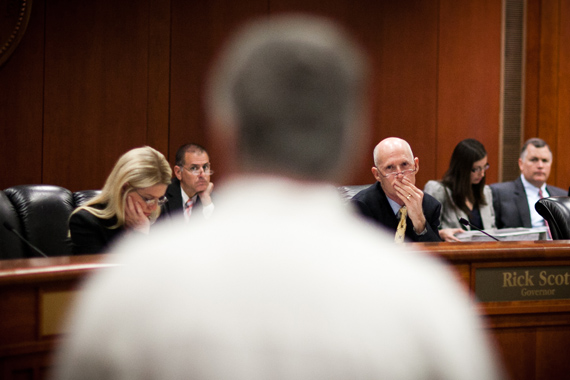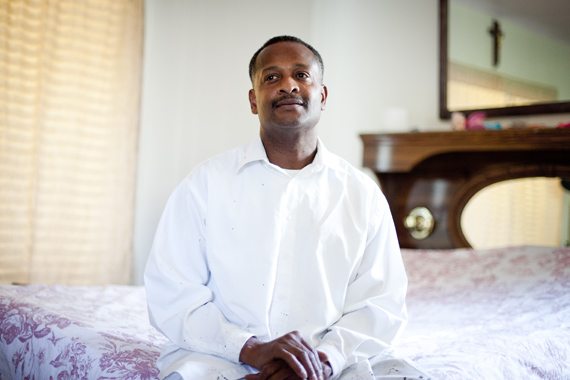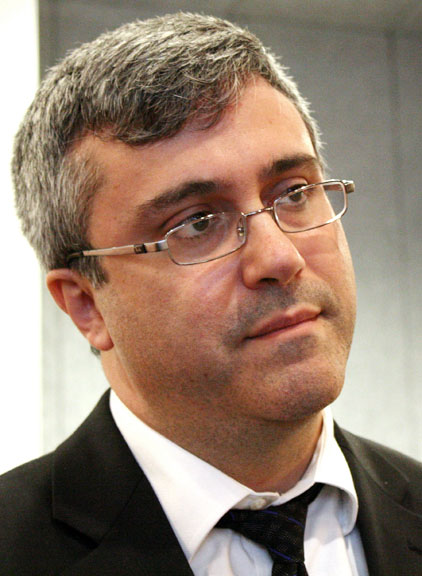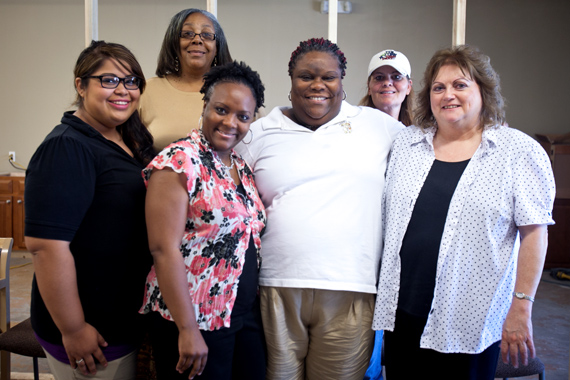Journalists are apt to think every day is a big
news day; today really qualifies.
A federal appeals court judge in Florida —
the same judge who blocked the state requirement that
voter registrations be submitted within 48 hours –
has ruled that the U.S. Department of Justice cannot
stop the voter purge. U.S. District Judge Robert
Hinkle said the 90-day provision, which DOJ
attorneys cited as too close to an election to purge
rolls, did not apply to removing non-citizens from
the rolls. Hinkle did say there were “some problems”
with the program.
In New Hampshire, the state Senate voted to
override Gov. John Lynch’s veto of a voter
registration bill and passed a modified version of a
photo-identification bill. And The
Nation published a new rundown of the
political questions at the heart of the current
voting rights fight.
These stories aren’t causing as much of an uproar
as the Pennsylvania House Republican leader’s
comments Monday on voter identification or the
furious reaction to U.S. House Minority Leader Nancy
Pelosi’s assertion of Republican voter suppression,
but they are definitely trending.
What We’ve Been Reading
“Make Voting Mandatory,” (Peter R.
Orszag, 06/19, BloombergView)
“Last-minute voter ID changes facing
Senate, House action today,” (Ted Siefer, 06/26,
New Hampshire Union Leader)
“Federal judge rejects DOJ request to
stop voter purge,” (Kathleen Haughney, 06/27,
Orlando Sentinel)
“GOP: Obama planning to ‘Steal’ the
Election,” (Ari Berman, 06/27, The
Nation)
“Angry Twitter Birds: Unhappy NYC
Voter Demonstrates Power, Reach of Social Media,”
(Doug Chapin, 06/27, The Election
Academy)
Twitter Trends
The big-ticket stories this morning haven’t really
buzzed as much as other controversial voting rights
stories this summer. They are mostly policy-oriented,
and social media users — and the public —
aren’t interested in stories on the slow process of
judicial review and legal adjustment.
But the last article in our list brings up a
curious and potentially lasting phenomenon. It’s an
exploration of how voter anger and engagement is more
possible through directed media campaigns.
Here at News21, we’ve followed
directed campaigns by many secretaries of
state and “get out the vote” accounts on Twitter and
have enjoyed watching the way these accounts try to
encourage voter participation and education.
Secretaries aren’t followed nearly as often as
national organizations like Rock The Vote or the
League of Women Voters. As a whole, these accounts
demonstrate the fledgling possibilities inherent in
social media voter conversations.
It’s the kind of thing that drives this daily post
(and our Twitter account), and it’s worth a read for
any voting policy wonk, public opinion specialist or
voter in general.
Remember to follow us @WhoCanVote.







